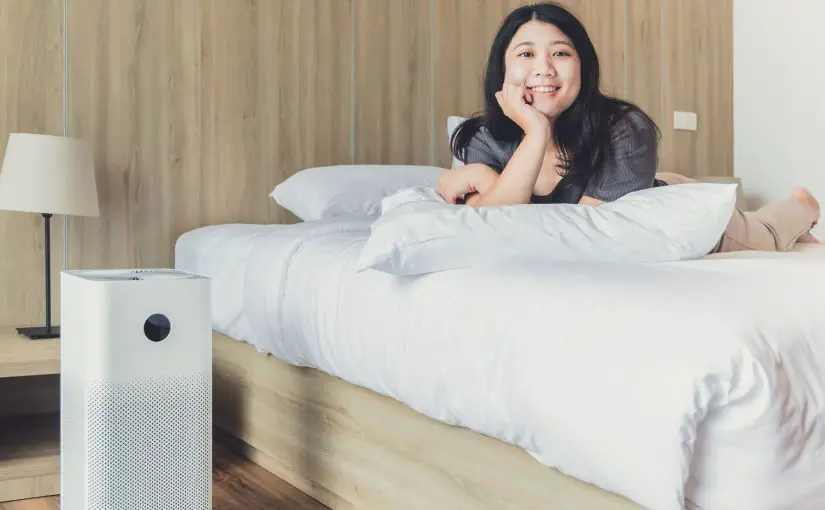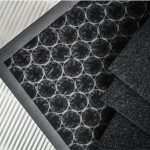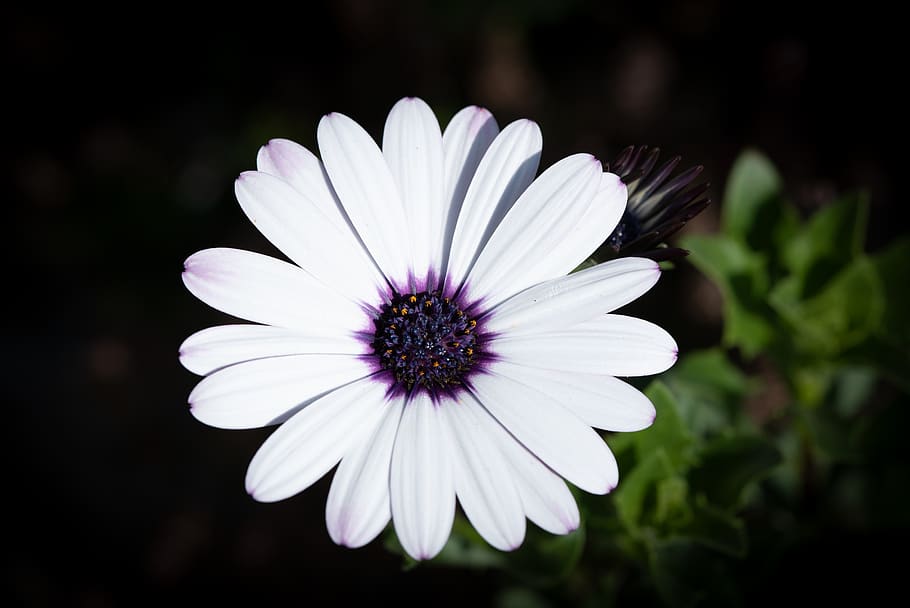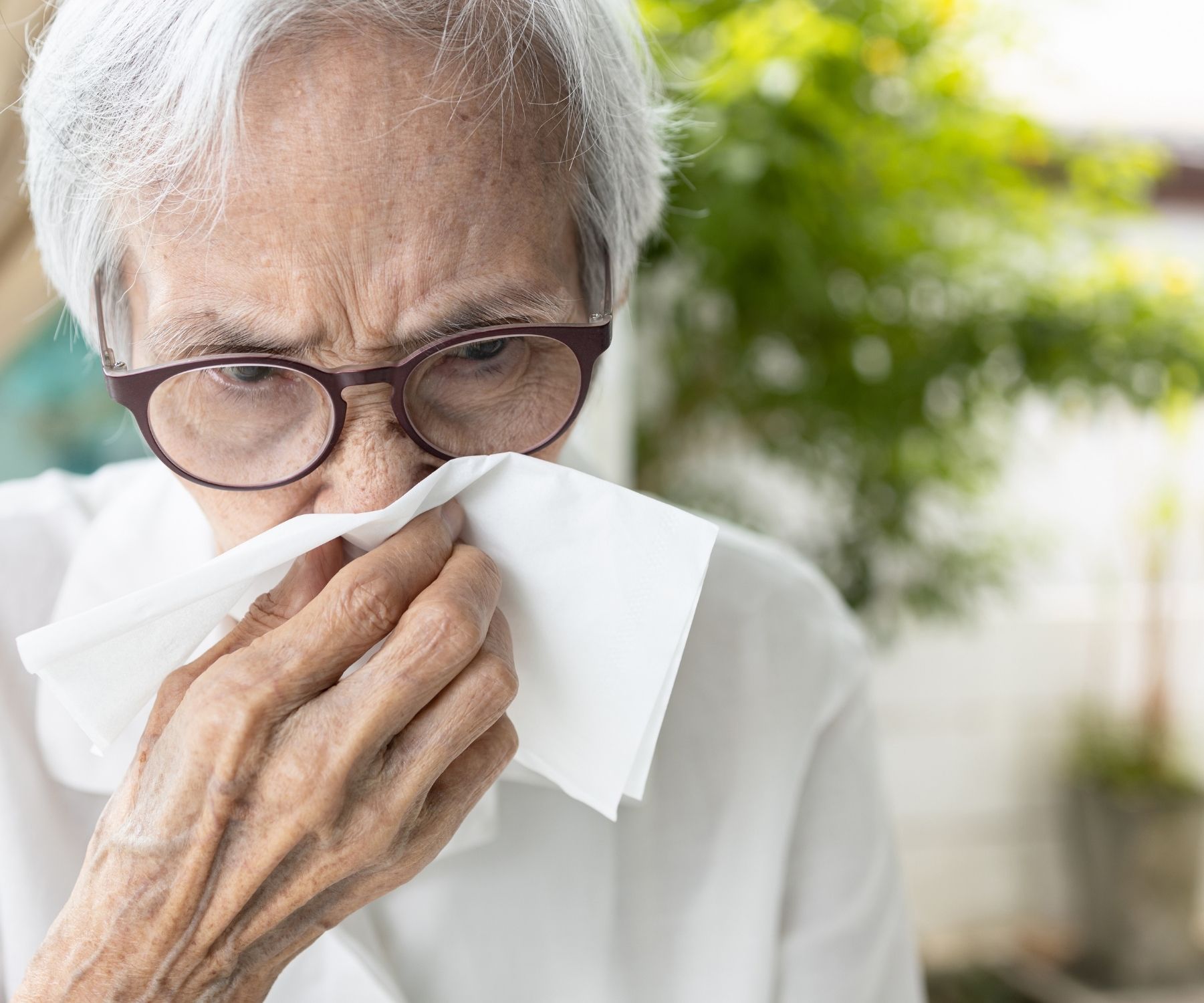Most air purifiers available to the public use a HEPA filter as their primary cleaning technology. But what are some of the pros and cons of this technology?
Table of Contents
What are some of the HEPA Air Purifier Side Effects?
Negative
- Require costly replacement filters
- Regular maintenance
- Noisy
- Do not filter VOCs or Viruses
- Do not filter odors
- Cover a small area only
- Do not work well for in duct systems
Positive
- Capture particulates as small as .03 microns
- Completely safe
- No ozone by-product
- Very good at reducing pollen, mold spores, and pet dander
A HEPA or high-efficiency particulate absorber is a super-dense filter engineered to capture particulates as small as .03 microns.
Nowadays because of copycats filters that are not capable of capturing particulates as small,
the new appropriate name for a hepa filter is True HEPA
This is to differentiate from companies that call their filters HEPA but do not operate on the same level.
If it doesn’t say True HEPA, be aware that it might not be the same thing.
Pros of HEPA air purifiers
1 They capture particulates as small
as .03 microns.
This includes most household allergens what dust mites, pet dander, mold spores, and dust.
Most indoor allergies related to air come in the form of one of these types.
2. Completely safe
Because a HEPA air purifier is basically a large fan pulling air through a filter, there are none of the issues related to electronic air purifiers that create ozone.
3. No ozone
HEPA air purifiers do not create ozone as a byproduct. Many of the worries related to machines that create ozone can be bypassed simply by choosing HEPA instead of ionic.
4. Very effective.
HEPA air purifiers are very effective at reducing common household allergens like dust mites, pollen, pet dander, and mold spores. Many vacuums come outfitted with HEPA filters also. In fact vacuuming with a HEPA filter will help your air purifier do its job tremendously.
5. Can run all the time.
Unlike other types of air cleaners that require a room to be aired out after using them, a HEPA air cleaner does not create anything that can pose a threat and can only be a benefit for those looking to breathe better.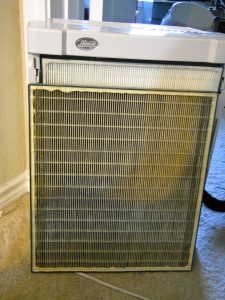
Cons of HEPA air purifiers
1. Require costly filter replacements
Because HEPA filters are engineered to be so dense, they are not really considered reusable.
Though there are some techniques that my make the filters last a little longer, they still require regular exchanging.
One of the problems is that you really don’t know how nappy a HEPA filter can get till you use it for a while.
A lot of stuff like grease and grime that don’t come off, get stuck deep down in the fibers.
2. Regular maintenance.
Though most of your general appliances do not require regular attention, most machines related to anything to do with air typically have to be maintained in order to keep working efficiently.
A True HEPA air purifier is no exception. To make sure the machine works properly, requires regularly cleaning and exchanging the filters.
3. Noisy
HEPA air cleaners are known for being quite noisy. They can be so loud that they fall under the noise machine category.
A lot of advertising that HEPA air cleaner companies use to promote air purifiers, includes language like ” a blanket of white noise to help your baby sleep.
Good news if you’re looking for a combination air purifier /white noise machine.
But to be fair, there are different methods of moving air through fans that require multiple small quiet fans rather than one or 2 larger fans.
It’s worth it to look into how loud the machine’s going to be before you purchase it.
4. Do not filter vocs or viruses
Though the high efficient particulate absorber filter is known for its capacity to be able to filter out particulate is smallest .03 microns, there are many airborne pollutants that are smaller.
These include:
a. VOCs (volatile organic compounds)
Vocs or what you consider to be the chemical type air pollution. They include things like adhesives, cleaners, fuels, and off-gassing from construction products. Strong fumes and odors.
Crafting rooms where are there are a lot of paints and paint thinners being used,
as well as nail salons wear there are a lot of polishes and nail polish remover is are being used,
All examples of air pollution that a HEPA filter cannot absorb.
b. Bacteria and viruses
HEPA filters just do not have any way of breaking down or neutralizing germs and viruses.
There are claims that HEPA filters can become a germ farm when they are not regularly swapped out.
Also to be fair, there are very few, if any air purifiers that use HEPA as their only air cleaning technology.
Most cleaners you see these days, come with the way to ensure that the filter machine does not become a live source of germs.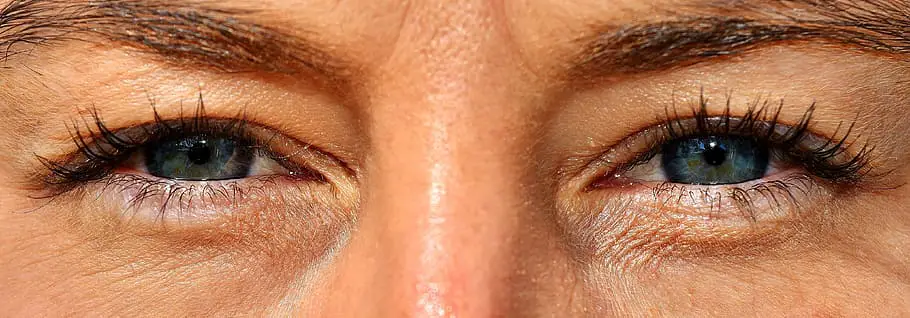
5. Working a small area only
Because of the way a HEPA air purifier operates, they are much more efficient for a small square footage.
You can imagine the difference between pulling the air from a small bedroom through a filter compared to the difficulty of pulling the air from a large living area through a filter.
It is going to be much easier to get a good result in a small room.
6 . Do not work well for induct systems
Indoor air purification has been rapidly moving towards using the HVAC as a whole house air purifier.
The reason is because placing an air purifier inside of your central heat and air unit can supply clean air to the whole house as well as clean the air before it is distributed back through the house.
Though it is possible and they do sell HEPA filters to use in your regular HVAC replacement filter slot.
The density of the HEPA filter is so tight they do not allow the free flow of air that the HVAC requires to work efficiently.
And also even though they do have a residual effect on helping keep dust out of the air,
HVAC filters are primarily in place to keep dust out of the air handler and protect the machinery.
Smart HEPA air purifiers
HEPA is only one air cleaning technology and though most air purifiers use it, it is usually combined with at least one or two other technologies.
Smart air purifiers use multiple technologies in concert together to oxidize and filter out contaminants in the room based on sensors measuring the air quality at all times.
These cleaners cycle on and off only when needed which expands the life of a HEPA filter considerably.
and also cuts down on the noise that an air purifier makes considerably.
They also do everything connected to a smartphone app so what you can remotely control or schedule your air cleaner or simply find out how clean your air is at any given moment.
Summary
HEPA air filters are the industry standard in indoor air purification but though they do have an amazing capacity to filter most airborne particulates, they also have their problems.
They are generally very noisy and they don’t do much for odors or fumes.
Plus a HEPA air purifier requires purchasing and exchanging filters in it for the life of the air purifier

